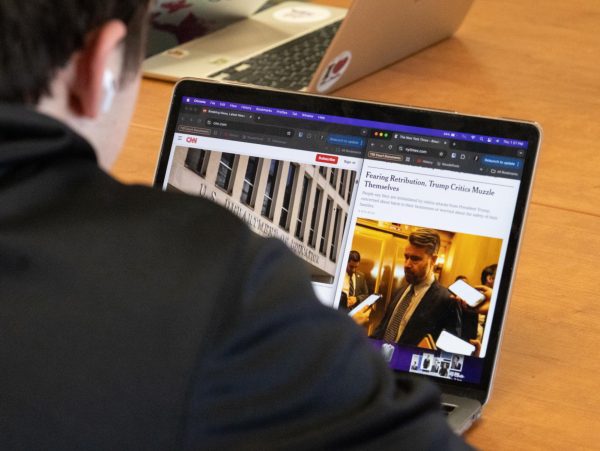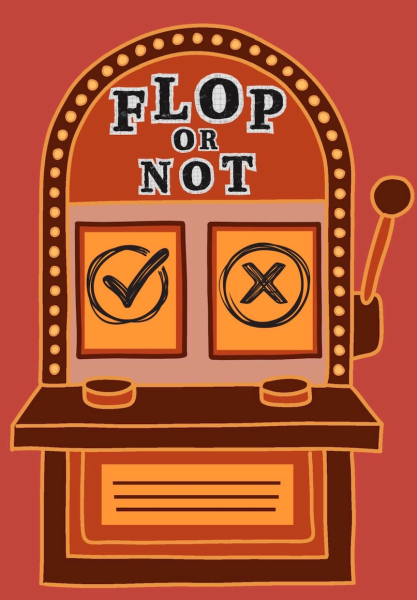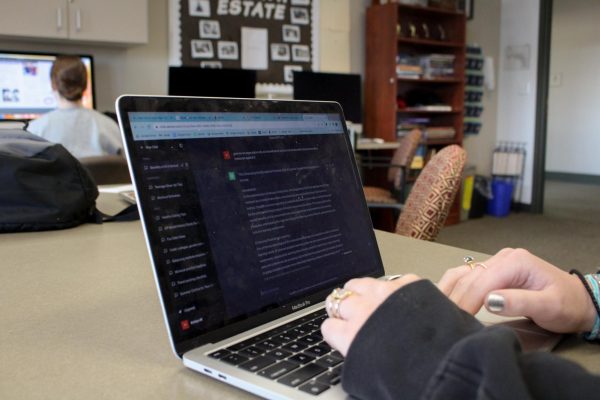Editorial: Support free student journalism
The National Scholastic Press Association implores high school journalists to follow a seven-principle Code of Ethics: be responsible, be fair, be honest, be accurate, be independent, be accountable, and minimize harm. For many high school journalists, these principles are not just suggestions, but mandates which they dedicate their journalism careers to upholding.
Yet, despite the best efforts of both high school and college journalists, maintaining these principles is more difficult than one would think, especially when it comes to maintaining independence from the school administrations which it is their duty to cover.
In today’s society, many student journalists work for publications that exist under prior review or prior restraint, meaning that school administrations have the power to review a publication prior to its printing and restrict the content as they see fit.
Across the country, some schools have used this power to punish student journalists and their advisors for covering important stories and exercising their editorial discretion.
At Northern Illinois University in DeKalb, Ill., student reporters revealed that the university’s president used school funds to remodel his home. Soon after, the newspaper advisor was removed from his post and the paper was condemned for its “negative” reporting.
At Neshaminy High School in Langhorne, Pa., the newspaper’s editorial board called out the school for its racially insensitive mascot. As a result, the board of administrators implemented a two-week prior review waiting period before the publication of any new edition.
At Wichita State University in Wichita, Kan., an investigative series revealed that the administration had been adding fictitious students in order to boost its attendance figures. The administration cut the newspaper’s budget by nearly 50 percent.
These articles are ones that the students enrolled at those universities and high schools had a right to hear, and they are ones that, had not a student journalist covered them, may not have been told at all.
Good student journalists understand the incredible pressures school officials face. In this moment, when social media can quickly turn small stories into big ones and well-intentioned comments can be twisted and taken out of context so easily, schools are understandably nervous about their image. Student journalists take those concerns into consideration when deciding what stories to publish.
Schools are not perfect and never will be, but with thoughtful and persistent reporting, student journalists push our schools and our communities to be better by calling attention to problems and bringing to light potential solutions.
So support press freedoms for journalists, no matter what their age or what beat they cover because in the end, they make us all better.
Staff editorials represent the opinion of the editorial board: Carolyn Lane, Annie Murff, Annika Conlee, Lauren Purdy, Merryn Ruthling, Caroline Zummach, Emma Bennett, Katelyn Grisham, Kaitlyn Bowman and Will Brown. Letters to the editor in response to the editorial are encouraged.






